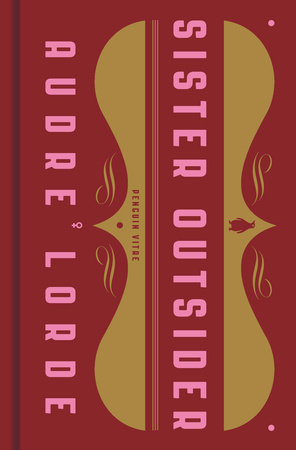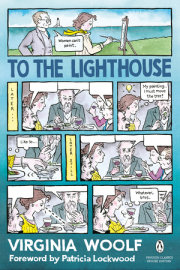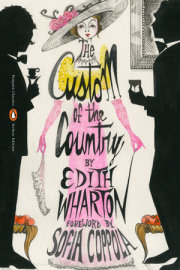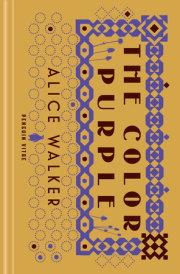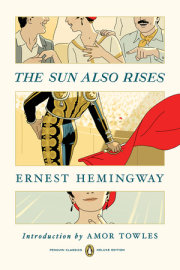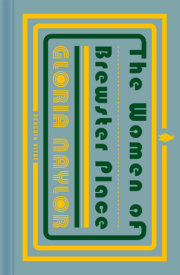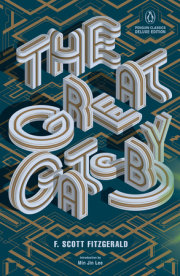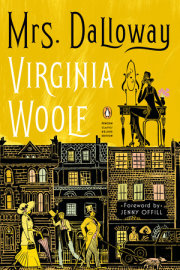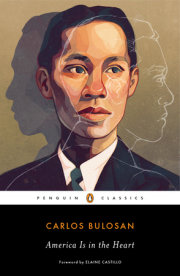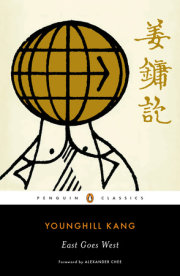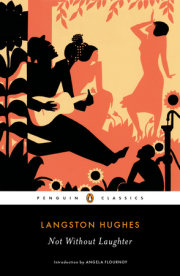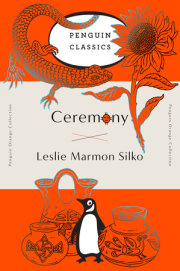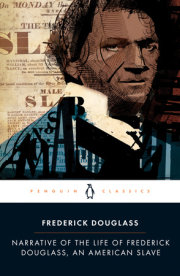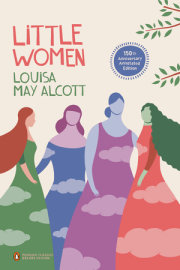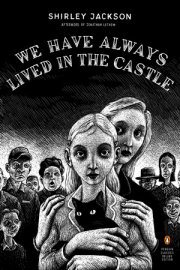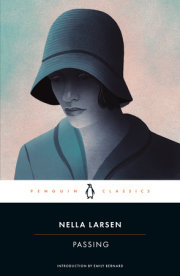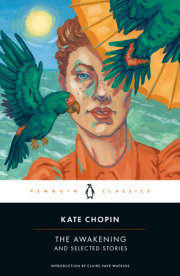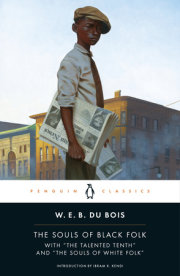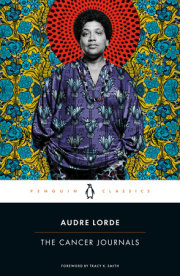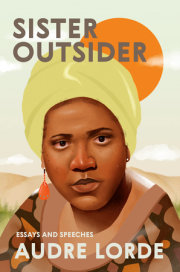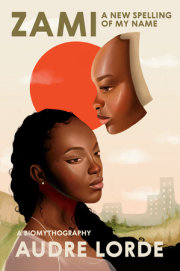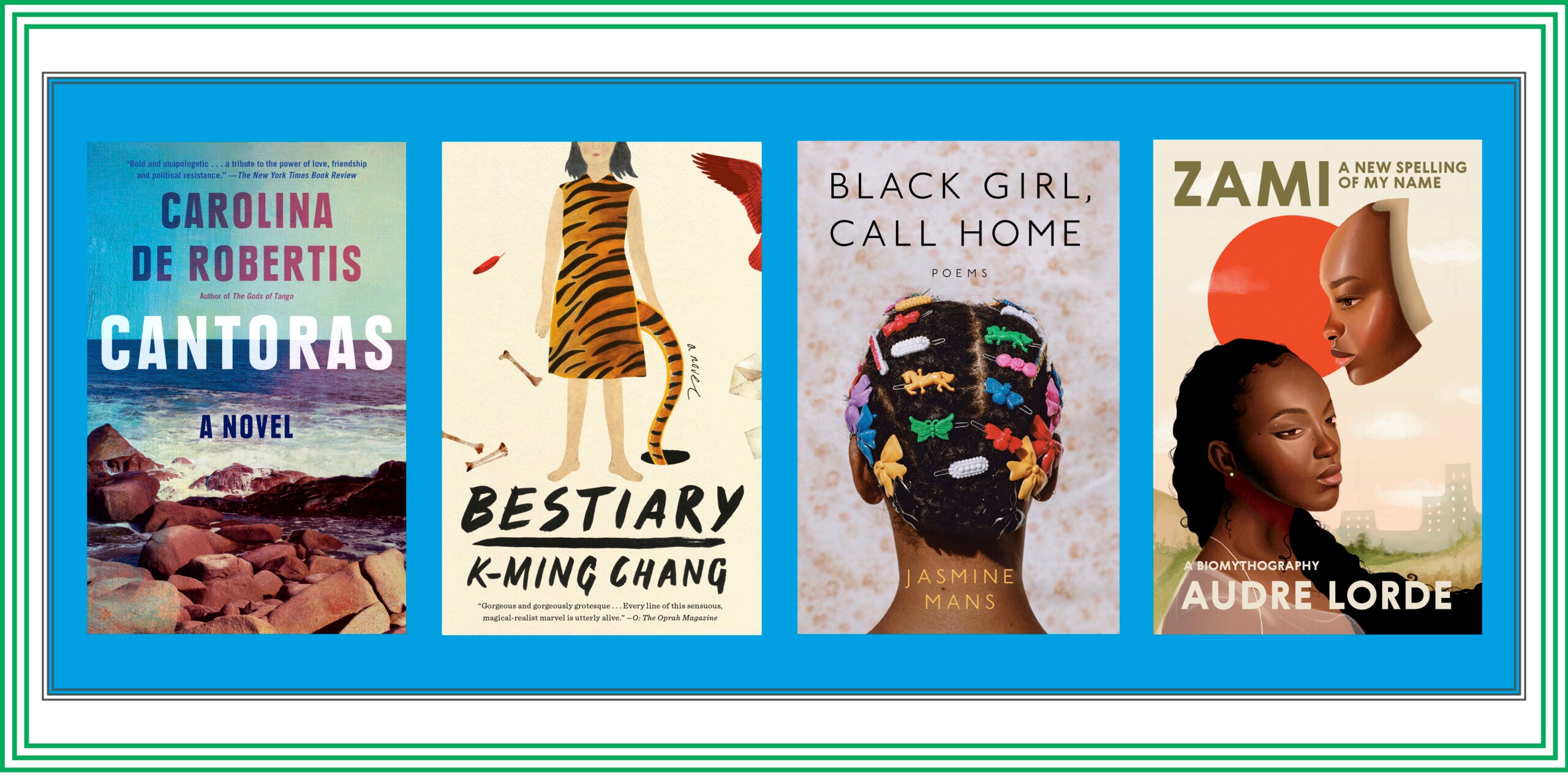Scratching the Surface: Some Notes on Barriers to Women and Loving
Racism:
The belief in the inherent superiority of one race over all others and thereby the right to dominance. Sexism:
The belief in the inherent superiority of one sex and thereby the right to dominance. Heterosexism:
The belief in the inherentsuperiority of one pat, tern of lovingand thereby its right to dominance. Homophobia:
The fear of feelings of love for members of one's own sexand therefore the hatred of those feelings in others. THEABOVE FORMS of human blindness stem from the same root - an inability to recognize the notion of difference as a dynamic human force, one which is enriching rather than threatening to the defined self, when there are shared goals.
To a large degree, at least verbally, the Black community has moved beyond the "two steps behind her man" concept of sexual relations sometimes mouthed as desirable during the sixties. This was a time when the myth of the Black matriarchy as a social disease was being presented by racist forces to redirect our attentions away from the real sources of Black oppression.
For Black women as well as Black men, it is axiomatic that if we do not define ourselves for ourselves, we will be defined by others - for their use and to our detriment. The development of self-defined Black women, ready to explore and pursue our power and interests within our communities, is a vital component in the war for Black liberation. The image of the Angolan woman with a baby on one arm and a gun in the other is neither romantic nor fanciful. When Black women in this country corne together to examine our sources of strength and support, and to recognize our common social, cultural, emotional, and political interests, it is a development which can only contribute to the power of the Black community as a whole. It can certainly never diminish it. For it is through the corning together of self-actualized individuals, female and male, that any real advances can be made. The old sexual power relationships based on a dominant/subordinate model between unequals have not served us as a people, nor as individuals.
Black women who define ourselves and our goals beyond the sphere of a sexual relationship can bring to any endeavor the realized focus of completed and therefore empowered individuals. Black women and Black men who recognize that the development of their particular strengths and interests does not diminish the other do not need to diffuse their energies fighting for control over each other. We can focus our attentions against the real economic, political, and social forces at the heart of this society which are ripping us and our children and our worlds apart.
Increasingly, despite opposition, Black women are corning together to explore and to alter those manifestations of our society which oppress us in different ways from those that oppress Black men. This is no threat to Black men. It is only seen as one by those Black men who choose to embody within themselves those same manifestations of female oppression. For instance, no Black man has ever been forced to bear a child he did not want or could not support. Enforced sterilization and unavailable abortions are tools of oppression against Black women, as is rape. Only to those Black men who are unclear about the pathways of their own definition can the self-actualization and self-protective bonding of Black women be seen as a threatening development.
Today, the red herring of lesbian...baiting is being used in the Black community to obscure the true face of racism/sexism. Black women sharing close ties with each other, politically or emotionally, are not the enemies of Black men. Too frequently, however, some Black men attempt to rule by fear those Black women who are more ally than enemy. These tactics are expressed as threats of emotional rejection: "Their poetry wasn't too bad but I couldn't take all those lezzies." The Black man say... ing this is code...warning every Black woman present interested in a relationship with a man - and most Black women are that (1) if she wishes to have her work considered by him she must eschew any other allegiance except to him and (2) any woman who wishes to retain his friendship and/or support had better not be "tainted" by woman-identified interests.
If such threats of labelling, vilification and/or emotional isolation are not enough to bring Black women docilely into camp as followers, or persuade us to avoid each other politically and emotionally, then the rule by terror can be expressed physically, as on the campus of a New York State college in the late 1970s, where Black women sought to come together around women's concerns. Phone calls threatening violence were made to those Black women who dared to explore the possibilities of a feminist connection with non...Black women. Some of these women, intimidated by threats and the withdrawal of Black male approval, did turn against their sisters. When threats did not prevent the attempted coalition of feminists, the resulting campus wide hysteria left some Black women beaten and raped. Whether the threats by Black men actually led to these assaults, or merely encouraged the climate of hostility within which they could occur, the results upon the women attacked were the
same.
War, imprisonment, and "the street" have decimated the ranks of Black males of marriageable age. The fury of many Black heterosexual women against white women who date Black men is rooted in this unequal sexual equation within the Black community, since whatever threatens to widen that equation is deeply and articulately resented. But this is essentially unconstructive resentment because it extends sideways only. It can never result in true progress on the issue because it does not question the vertical lines of power or authority, nor the sexist assumptions which dictate the terms of that competition. And the racism of white women might be better addressed where it is less complicated by their own sexual oppression. In this situation it is not the non..Black woman who calls the tune, but rather the Black man who turns away from himself in his sisters or who, through a fear borrowed from white men, reads her strength not as a resource but as a challenge.
All too often the message comes loud and clear to Black women from Black men: "I am the only prize worth having and there are not too many of me, and remember, I can always go elsewhere. So if you want me, you'd better stay in your place which is away from one another, or I will call you 'lesbian' and wipe you out." Black women are programmed to define ourselves within this male attention and to compete with each other for it rather than to recognize and move upon our common interests.
The tactic of encouraging horizontal hostility to becloud more pressing issues of oppression is by no means new, nor limited to relations between women. The same tactic is used to encourage separation between Black women and Black men. In discussions around the hiring and firing of Black faculty at universities, the charge is frequently heard that Black women are more easily hired than are Black men. For this reason, Black women's problems of promotion and tenure are not to be considered important since they are only "taking jobs away from Black men." Here again, energy is being wasted on fighting each other over the pitifully few crumbs allowed us rather than being used, in a joining of forces, to fight for a more realistic ratio of Black faculty. The latter would be a vertical battle against racist policies of the academic structure itself, one which could result in real power and change. It is the structure at the top which desires changelessness and which profits from these apparently endless kitchen wars.
Instead of keeping our attentions focused upon our real needs, enormous energy is being wasted in the Black community today in antilesbian hysteria. Yet women..identified women - those who sought their own destinies and attempted to execute them in the absence of male support - have been around in all of our communities for a long time. As Yvonne Flowers of York College pointed out in a recent discussion, the unmarried aunt, childless or otherwise, whose home and resources were often a welcome haven for different members of the family, was a
familiar figure in many of our childhoods. And within the homes of our Black communities today, it is not the Black lesbian who is battering and raping our underage girl..children out of displaced and sickening frustration.
The Black lesbian has come under increasing attack from both Black men and heterosexual Black women. In the same way that the existence of the self..defined Black woman is no threat to the self..defined Black man, the Black lesbian is an emotional threat only to those Black women whose feelings of kinship and love for other Black women are problematic in some way. For so long, we have been encouraged to view each other with suspicion, as eternal competitors, or as the visible face of our own self-rejection.
Yet traditionally, Black women have always bonded together in support of each other, however uneasily and in the face of whatever other allegiances which militated against that bonding. We have banded together with each other for wisdom and strength and support, even when it was only in relationship to one man. We need only look at the close, although highly complex and involved, relationships between African co..wives, or at the Amazon warriors of ancient Dahomey who fought together as the King's main and most ferocious bodyguard. We need only look at the more promising power wielded by the West African Market Women Associations of today, and those governments which have risen and fallen at their pleasure.
In a retelling of her life, a ninety-two-year-old Efik-Ibibio woman of Nigeria recalls her love for another woman:
I had a woman friend to whom I revealed my secrets. She was very fond of keeping secrets to herself. We acted as husband and wife. We always moved hand in glove and my husband and hers knew about our relationship. The villagers nicknamed us twin sisters. When I was out of gear with my husband, she would be the one to restore peace. I often sent my children to go and work for her in return for her kindnesses to me. My husband being more fortunate to get more pieces of land than her husband, allowed some to her, even though she was not my co-wife.*
On the West Coast of Africa, the Fon of Dahomey still have twelve different kinds of marriage. One of them is known as "giving the goat to the buck," where a woman of independent means marries another woman who then mayor may not bear children, all of whom will belong to the blood line of the first woman. Some marriages of this kind are arranged to provide heirs for women of means who wish to remain "free," and some are lesbian relationships. Marriages like these occur throughout Africa, in several different places among different peoples. Routinely, the women involved are accepted members of their communities, evaluated not by their sexuality but by their respective places within the community.
While a piece of each Black woman remembers the old ways of another place - when we enjoyed each other in a sisterhood of work and play and power - other pieces of us, less functional, eye one another with suspicion. In the interests of separation, Black women have been taught to view each other as always suspect, heartless competitors for the scarce male, the all-important prize that could legitimize our existence. This dehumanizing denial of self is no less lethal than the dehumanization of racism to which it is so closely allied.
If the recent attack upon lesbians in the Black community is based solely upon an aversion to the idea of sexual contact between members of the same sex (a contact which has existed for ages in most of the female compounds across the African continent), why then is the idea of sexual contact between Black men so much more easily accepted, or unrema.rked? Is the imagined threat simply the existence of a self..motivated, self-defined Black woman who will not fear nor suffer terrible retribution from the gods because she does not necessarily seek her face in a man's eyes, even if he has fathered her children? Female-headed households in the Black community are not always situations by default.
The distortion of relationship which says "I disagree with you, so I must destroy you" leaves us as Black people with basically uncreative victories, defeated in any common struggle. This jugular vein psychology is based on the fallacy that your assertion or affirmation of self is an attack upon my self - or that my defining myself will somehow prevent or retard your self, definition. The supposition that one sex needs the other's acquiescence in order to exist prevents both from moving together as self-defined persons toward a common goal.
This kind of action is a prevalent error among oppressed peoples. It is based upon the false notion that there is only a limited and particular amount of freedom that must be divided up between us, with the largest and juiciest pieces of liberty go, ing as spoils to the victor or the stronger. So instead of joining together to fight for more, we quarrel between ourselves for a larger slice of the one pie. Black women fight between ourselves over men, instead of pursuing and using who we are and our strengths for lasting change; Black women and men fight between ourselves over who has more of a right to freedom, instead of seeing each other's struggles as part of our own and vital to our common goals; Black and white women fight between ourselves over who is the more oppressed, instead of seeing those areas in which our causes are the same. (Of course, this last separation is worsened by the intransigent racism that white women too often fail to, or cannot, address in themselves.)
At a recent Black literary conference, a heterosexual Black woman stated that to endorse lesbianism was to endorse the death of our race. This position reflects acute fright or a faulty reasoning, for once again it ascribes false power to difference. To the racist, Black people are so powerful that the presence of one can contaminate a whole lineage; to the heterosexist, lesbians are so powerful that the presence of one can contaminate the
whole sex. This position supposes that if we do not eradicate lesbianism in the Black community, all Black women will become lesbians. It also supposes that lesbians do not have children. Both suppositions are patently false.
As Black women, we must deal with all the realities of our lives which place us at risk as Black women -homosexual or heterosexual. In 1977 in Detroit, a young Black actress, Patricia Cowan, was invited to audition for a play called Hammer and was then hammered to death by the young Black male playwright. Patricia Cowan was not killed because she was Black. She was killed because she was a Black woman, and her cause belongs to us all. History does not record whether or not she was a lesbian, but only that she had a four-year-old child.
Of the four groups, Black and white women, Black and white men, Black women have the lowest average wage. This is a vital concern for us all, no matter with whom we sleep.
As Black women we have the right and responsibility to define ourselves and to seek our allies in common cause: with Black men against racism, and with each other and white women against sexism. But most of all, as Black women we have the right and responsibility to recognize each other without fear and to love where we choose. Both lesbian and heterosexual Black women today share a history of bonding and strength to which our sexual identities and our other differences must not blind us.
Copyright © 2020 by Audre Lorde. All rights reserved. No part of this excerpt may be reproduced or reprinted without permission in writing from the publisher.

